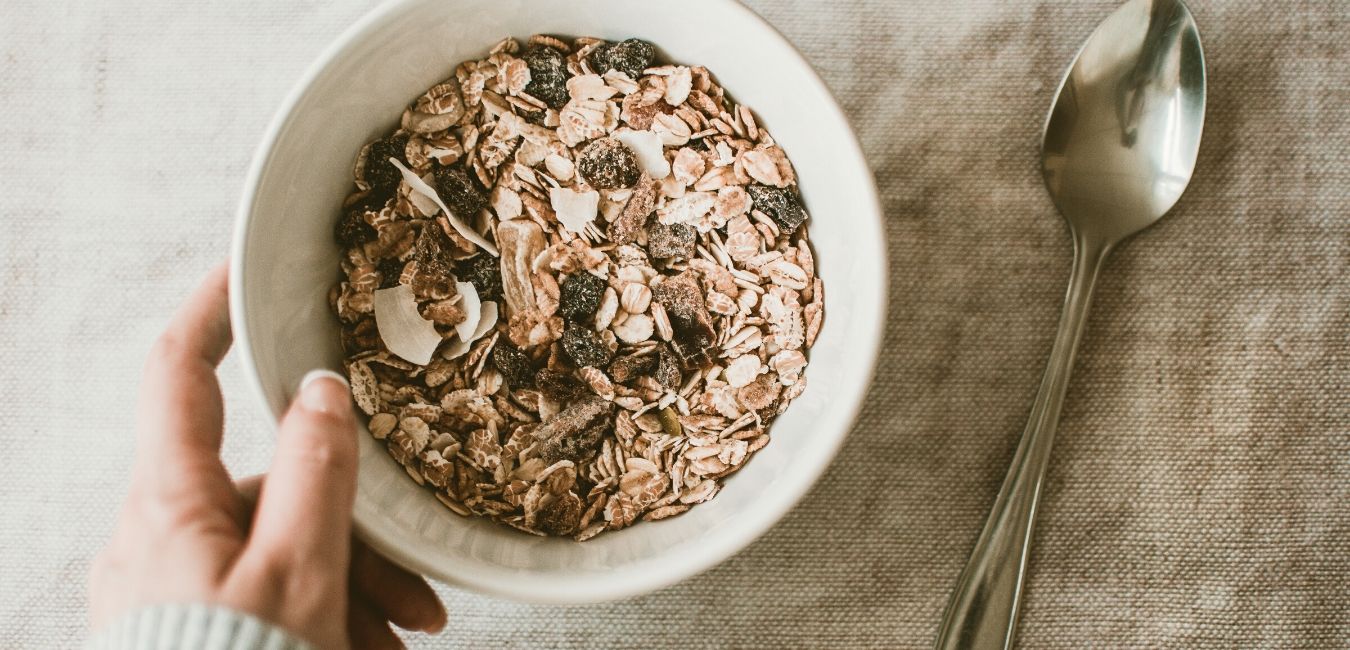
We are reproducing an article which appeared in the latest edition of the on-line magazine published by Coeliac UK.
Oats can be confusing when you’re on a gluten free diet and they’re one of the topics we get asked about the most. Here are the facts to help you make the right choice for you.
First things first oats don’t contain gluten. They do contain avenin, which is a similar protein to gluten, but it’s safe for most people with coeliac disease to have. So why can you only eat oats specifically marked ‘gluten free’? They’re frequently harvested or processed alongside wheat, rye or barley, which poses a significant cross contamination risk. Oats labelled gluten free, on the other hand, have been specially prepared to avoid contamination and, like other gluten free foods, can only carry a gluten free label if they test at 20 parts per million (ppm) of gluten or less.
“With the gluten free diet being typically low in fibre, oats can be a great source of this important nutrient, which can maintain a healthy gut, may help to treat high cholesterol, and can keep blood sugars stable.”
Why eat gluten free oats?
We know from talking to our community that many of you are unsure if oats are suitable for you. Research from Australia found that only around 8% of people with coeliac disease had an immune response to avenin. When the researchers looked to repeat the research they struggled to find anyone with an immune response. They have now extracted the avenin from the oats and have started trials giving known doses of avenin. It’s hoped that a simple blood test, will one day be able to identify people who have an immune response to avenin.
For the latest on oats from Coeliac UK’s Research Conference, go to coeliac.org.uk/oatsresearch2019.
Oats can be introduced to your gluten free diet at any stage. With the gluten free diet being typically low in fibre, oats can be a great source of this important nutrient, which can maintain a healthy gut, may help to treat high cholesterol, and can keep blood sugars stable. They also help introduce a bit more variety into your diet.
What if I’m sensitive to gluten free oats?
If you’re one of those people who can’t tolerate gluten free oats, there’s no need to worry – you can still have a healthy and varied gluten free diet without them. At the moment there isn’t a test to find out if someone is sensitive to avenin so the only way to know is by introducing gluten free oats into your diet. If you have symptoms or any concerns whilst including gluten free oats in your diet, it’s really important to go back to your GP or dietitian for advice and monitoring. And if you are someone who is diagnosed with coeliac disease but didn’t have any symptoms, you might like to speak with your GP or dietitian when introducing gluten free oats in your diet.
Top five oat free alternatives:
- Millet flakes – naturally gluten free, millet is commonly used as a substitute for porridge so you can still enjoy your favourite healthy breakfast.
- Buckwheat flakes – buckwheat is also naturally gluten free (just double check packaging for “may contain” statements).
- Quinoa – not only are there quinoa based porridges available to buy, but quinoa is another good source of fibre, which is extra important when you’re living gluten free and not eating oats.
- Rice flakes – simply add to a pan of boiling water or hot milk to make a delicious porridge, or use them in homemade muesli or granola.
- Teff grain – native to North East Africa, teff has a distinct nutty flavour and is often ground into flour, but it can also be left whole and cooked into a delicious porridge.
More information
Need to know more about oats? Go to coeliac.org.uk/oats or download their dedicated factsheet: coeliac.org.uk/oatfacts/
